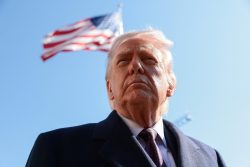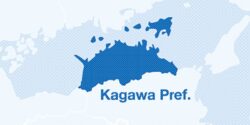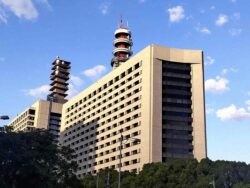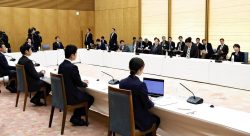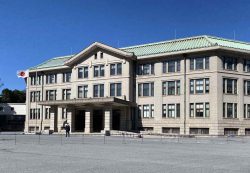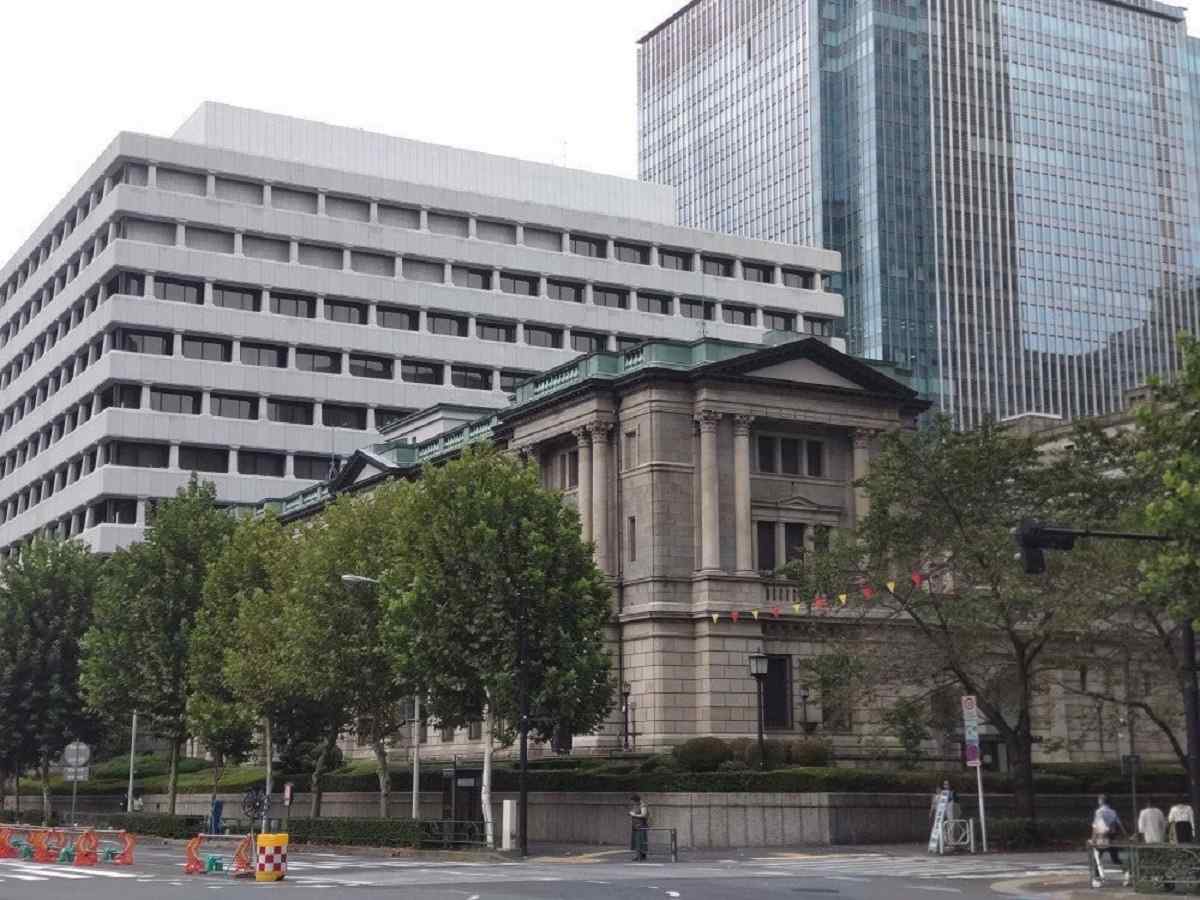
The Bank of Japan
17:28 JST, April 18, 2024
SAGA, Japan, April 18 (Reuters) – Bank of Japan board member Asahi Noguchi said on Thursday the pace of future rate hikes would likely be much slower than that of its global peers in recent policy tightenings, as the impact of rising domestic wages has yet be fully passed onto prices.
“With regard to the pace of policy rate adjustment, it is expected to be slow, at a pace that cannot be compared to that of other major central banks in recent years,” Noguchi said in the text of a speech posted on the BOJ’s website.
“This is because…it would take a reasonable amount of time to reach a situation where prices continue to rise at around 2% as a trend,” he said in the speech, which was delivered to business leaders in the southwestern city of Saga.
Noguchi said in separate comments that the likelihood of achieving the 2% target could be “considerably high” in 2026.
“I personally believe that the situation will improve substantially in a period of two years,” he said at a press conference when asked how long it would take for inflation to hit the target.
He declined to comment on whether there would be another interest rate hike this year, though he said it would depend on economic conditions.
The BOJ ended eight years of negative interest rates and other remnants of its unorthodox policy last month, making a historic shift away from its focus on reflating growth with decades of massive monetary stimulus.
Investors are looking for any clues on how soon the central bank will raise short-term interest rates again from the current 0%-0.1% range, with bets on the timing ranging from between July to the final quarter of this year.
A former academic known for his dovish policy views, Noguchi was among two dissenters on the BOJ’s nine-member board in the decision last month to end eight years of negative interest rates.
Noguchi said in the speech that Japan is now seeing unprecedented wage hikes but that those increases by themselves would not be powerful enough to drive up prices and allow trend inflation to reach 2%.
“It is essential for the BOJ to maintain its ultra-loose monetary policy to seek an appropriate balance in the labor supply-demand,” he said.
Top Articles in News Services
-

Survey Shows False Election Info Perceived as True
-

Hong Kong Ex-Publisher Jimmy Lai’s Sentence Raises International Outcry as China Defends It
-

Japan’s Nikkei Stock Average Touches 58,000 as Yen, Jgbs Rally on Election Fallout (UPDATE 1)
-

Japan’s Nikkei Stock Average Falls as US-Iran Tensions Unsettle Investors (UPDATE 1)
-

Japan’s Nikkei Stock Average Rises on Tech Rally and Takaichi’s Spending Hopes (UPDATE 1)
JN ACCESS RANKING
-

Producer Behind Pop Group XG Arrested for Cocaine Possession
-

Japan PM Takaichi’s Cabinet Resigns en Masse
-

Man Infected with Measles Reportedly Dined at Restaurant in Tokyo Station
-

Israeli Ambassador to Japan Speaks about Japan’s Role in the Reconstruction of Gaza
-

Videos Plagiarized, Reposted with False Subtitles Claiming ‘Ryukyu Belongs to China’; Anti-China False Information Also Posted in Japan



